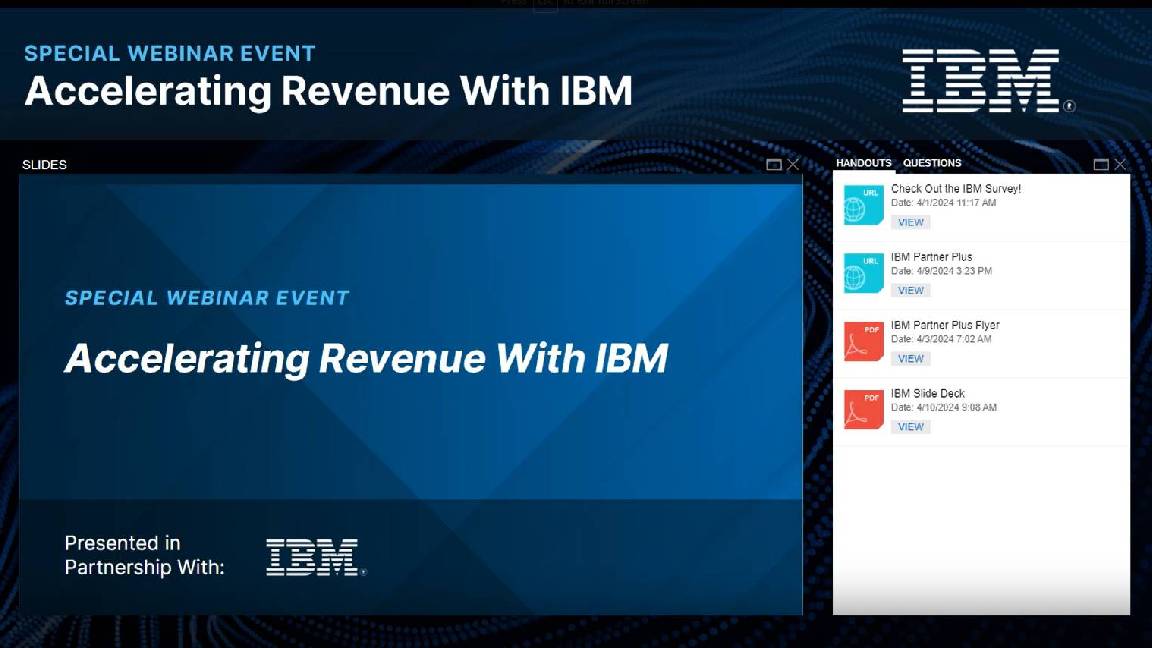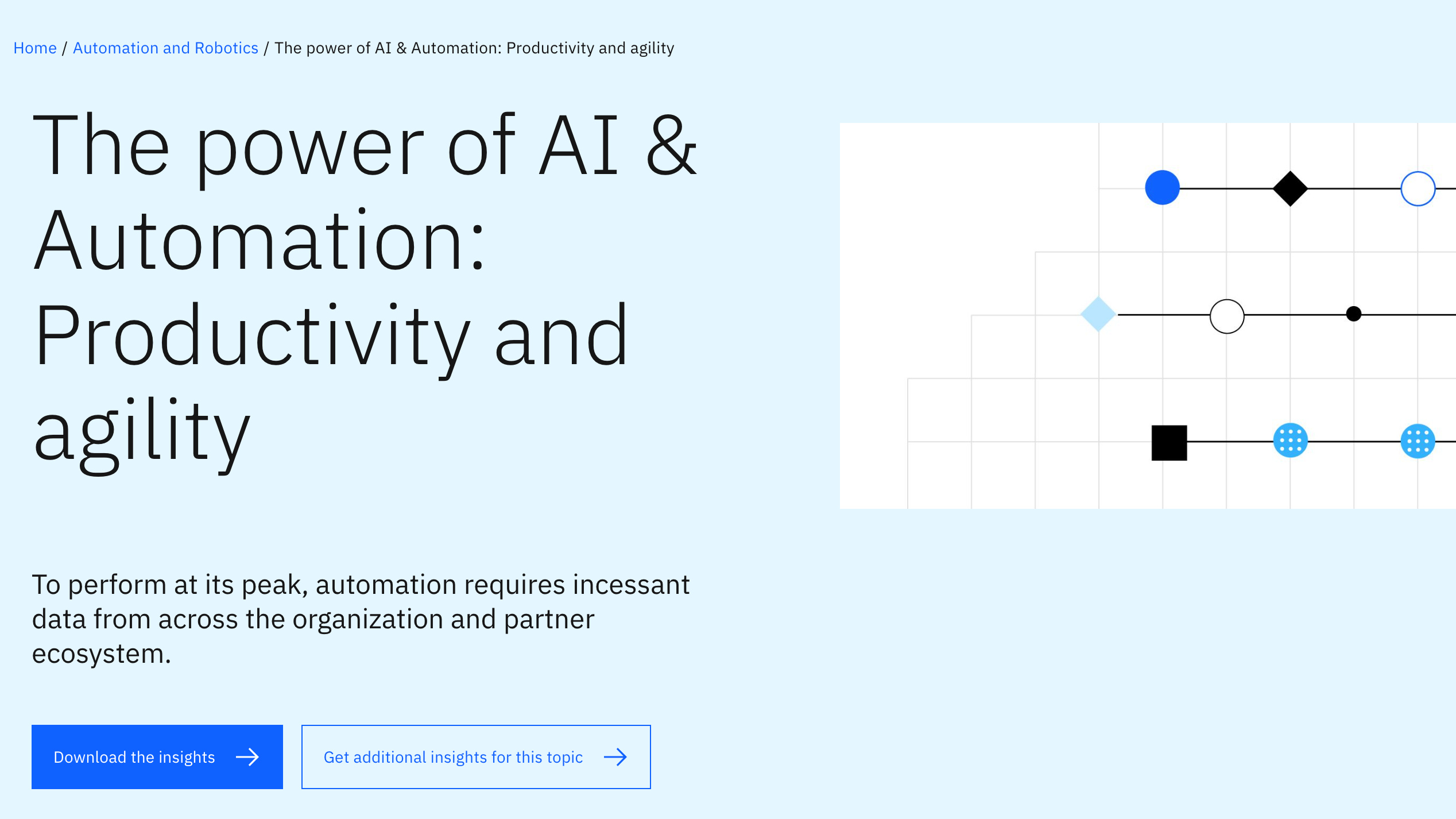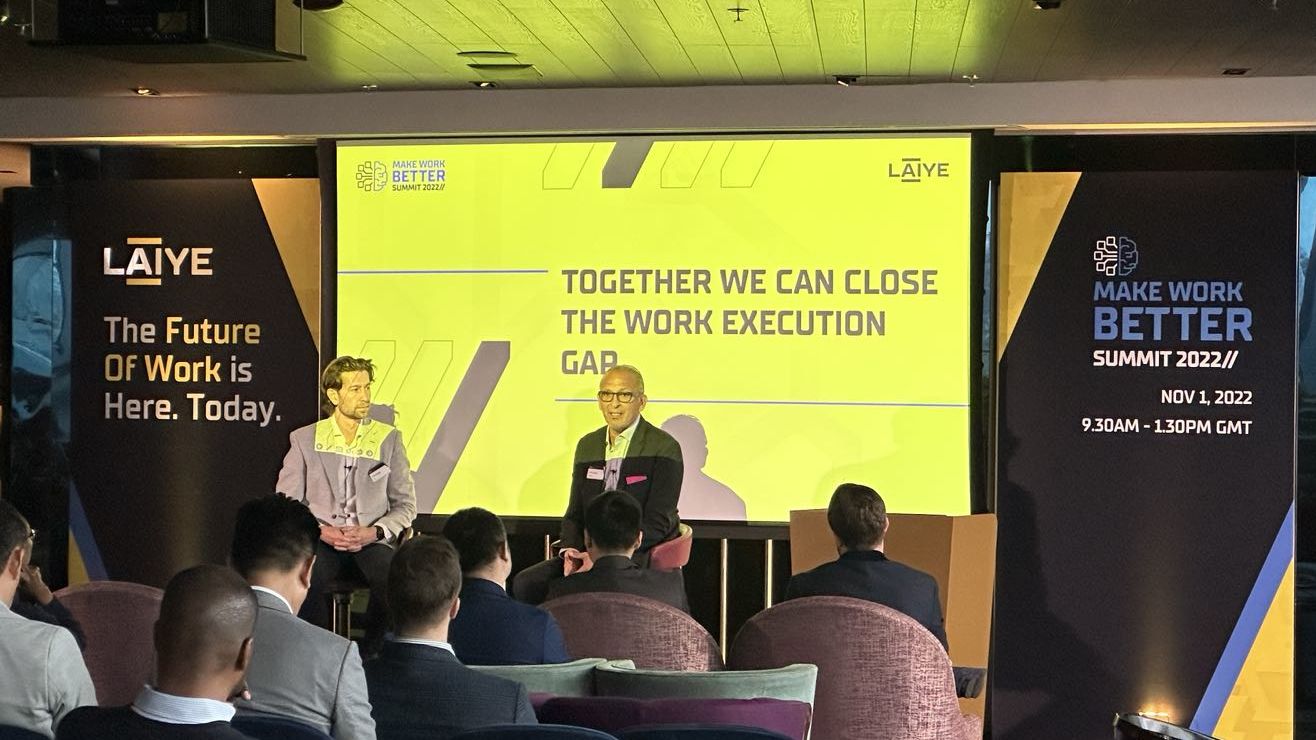Kognitio looks to kill the physical cube
Kognitio believes its Pablo technology could mark a significant moment in data analytics.


Kognitio has hailed the death of physical cube databases with the launch of Pablo, designed to enable "train of thought" analysis.
The MDX connector lets users create and query virtual cubes "on the fly," without any of the lag and complexity that comes with physical cubes, the business intelligence firm claimed.
Pablo, named after the cubist master Picasso, can leverage any MDX-compatible tool, including Microsoft Excel, to help the end user carry out in-depth analysis.
This will no doubt please those unwilling to splash out on expensive front-end applications.
Pablo will only work, however, on top of Kognitio's WX2 analytical database and will come as an addition to the offering from 1 June.
Because Pablo helps create in-memory images of a database, this makes the process of analysing information considerably quicker than using OLAP [online analytical processing] cubes, which can take hours to build, according to John Coppin, product director at Kognitio.
"It has an immense number of implications if you can do things in that time," Coppin told IT PRO.
Get the ITPro daily newsletter
Sign up today and you will receive a free copy of our Future Focus 2025 report - the leading guidance on AI, cybersecurity and other IT challenges as per 700+ senior executives
"You can move analysis much closer to real time. You can change things around as much as you like because you don't have to spend time rebuilding things."
Coppin said businesses want the ability to be flexible and remain fluid in how they mine data.
Pablo's introduction will mean Kognitio "is no longer niche" as it should open up a wider market for the firm, he claimed.
"Just because we don't have a separate OLAP technology it doesn't mean we're not actually competing against OLAP as a technology," he added.
"It does away with the need for businesses to do a whole layer of stuff."
Tom Brewster is currently an associate editor at Forbes and an award-winning journalist who covers cyber security, surveillance, and privacy. Starting his career at ITPro as a staff writer and working up to a senior staff writer role, Tom has been covering the tech industry for more than ten years and is considered one of the leading journalists in his specialism.
He is a proud alum of the University of Sheffield where he secured an undergraduate degree in English Literature before undertaking a certification from General Assembly in web development.
-
 Bigger salaries, more burnout: Is the CISO role in crisis?
Bigger salaries, more burnout: Is the CISO role in crisis?In-depth CISOs are more stressed than ever before – but why is this and what can be done?
By Kate O'Flaherty Published
-
 Cheap cyber crime kits can be bought on the dark web for less than $25
Cheap cyber crime kits can be bought on the dark web for less than $25News Research from NordVPN shows phishing kits are now widely available on the dark web and via messaging apps like Telegram, and are often selling for less than $25.
By Emma Woollacott Published
-
 Accelerating revenue with IBM
Accelerating revenue with IBMwhitepaper Increase your impact and grow new revenue streams
By ITPro Published
-
 The power of AI & automation: Productivity and agility
The power of AI & automation: Productivity and agilitywhitepaper To perform at its peak, automation requires incessant data from across the organization and partner ecosystem
By ITPro Published
-
 Magic Quadrant for Full Life Cycle API Management
Magic Quadrant for Full Life Cycle API ManagementWhitepaper Assessing vendors in the fast-evolving full life cycle API management market to help software engineering leaders pick the right one
By ITPro Published
-
 Four steps to better business decisions
Four steps to better business decisionsWhitepaper Determining where data can help your business
By ITPro Published
-
 Subscription models will end in five years, claims Laiye at new system launch
Subscription models will end in five years, claims Laiye at new system launchNews The firm's work execution system will integrate with existing RPA solutions, as Laiye says a flexible automation ecosystem is needed
By Rory Bathgate Published
-
 Majority of CIOs concerned that cloud complexity exceeds human ability
Majority of CIOs concerned that cloud complexity exceeds human abilityNews Greater observability and rollout of automated systems are also needed to reduce IT team strain and burnout
By Rory Bathgate Published
-
 Datadog Database Monitoring extends to SQL Server and Azure database platforms
Datadog Database Monitoring extends to SQL Server and Azure database platformsNews The tool offers increased visibility into query-level metrics and detailed explanation plans
By Praharsha Anand Published
-
 Twitter reports largest ever period for data requests in new transparency report
Twitter reports largest ever period for data requests in new transparency reportNews The company pointed to the success of its moderation systems despite increasing reports, as governments increasingly targeted verified journalists and news sources
By Rory Bathgate Published